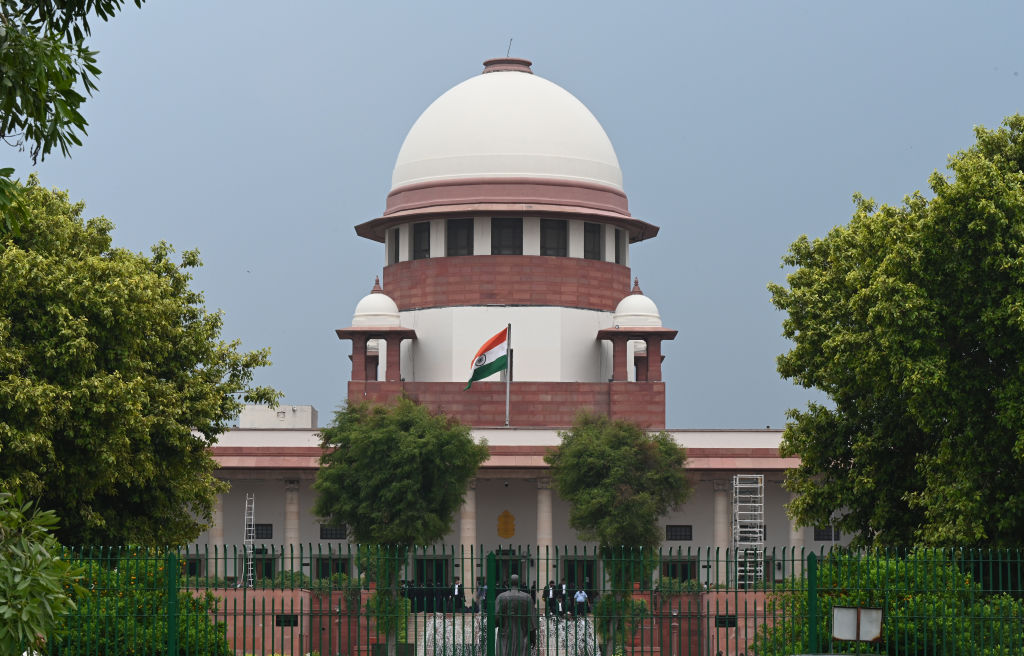The Supreme Court on Thursday recorded the Centre’s request for more time to respond to petitions challenging the Waqf (Amendment) Act, 2025.
Solicitor General Tushar Mehta, appearing for the Centre, informed the bench that a preliminary reply, along with relevant documents, would be submitted within seven days. He argued that the Act is a considered piece of legislation and cautioned that imposing a stay on the entire law would be an “extreme step.”
The three-judge bench, comprising Chief Justice of India Sanjiv Khanna and Justices PV Sanjay Kumar and KV Viswanathan, took note of Mehta’s assurance that no appointments to Waqf Boards or the Central Waqf Council would be made until the next hearing.
The apex court reiterated its earlier stance that it does not favor a blanket stay on the legislation but is considering targeted interim measures to balance competing interests.
On Wednesday, the SC had indicated its intent to stay certain controversial provisions of the amended law, including the inclusion of non-Muslims in Waqf Boards and the Central Waqf Council, the powers conferred on district collectors to decide Waqf property disputes, and the provisions allowing for the de-notification of properties already declared as Waqf by courts
The court had nearly dictated the interim order on Wednesday, but deferred doing so after the Solicitor General and other counsels defending the law requested to be heard further.
During the hearing, the Chief Justice observed that the government “cannot rewrite history” through the amendments, specifically referring to the provisions that allow for de-notifying properties declared as Waqf.
The court also directed that existing Waqf properties—whether declared through notification, user, or court orders—will not be reclassified or de-notified while the matter is sub judice.
On the controversial inclusion of non-Muslim members in Waqf Boards and the Council, Justice Viswanathan remarked: “Whenever it comes to Hindu endowments, it would be Hindus who would be governing,” drawing a parallel with the Hindu Charitable Endowments Act.
Senior advocate Kapil Sibal, representing one of the petitioners, argued that vesting District Collectors with the authority to determine whether a property is Waqf makes them “judges in their own cause”—a move he called “per se unconstitutional.” He also criticized the inclusion of non-Muslims in Waqf bodies, saying it represents a “parliamentary usurpation of the faith of 200 million persons.”
Toward the end of the hearing, the bench expressed concern over reports of violence in West Bengal’s Murshidabad district in connection with the Act. “The one thing that is very disturbing is the violence that is taking place. The issue is before the court, and we will decide,” the CJI noted.
Multiple petitions have been filed in the Supreme Court challenging the Waqf (Amendment) Act, with petitioners contending that the law discriminates against the Muslim community and infringes upon their constitutional rights.
President Droupadi Murmu gave her assent to the Waqf (Amendment) Bill, 2025, on April 5, following heated debates and the bill’s passage in both Houses of Parliament.
(With ANI inputs)










